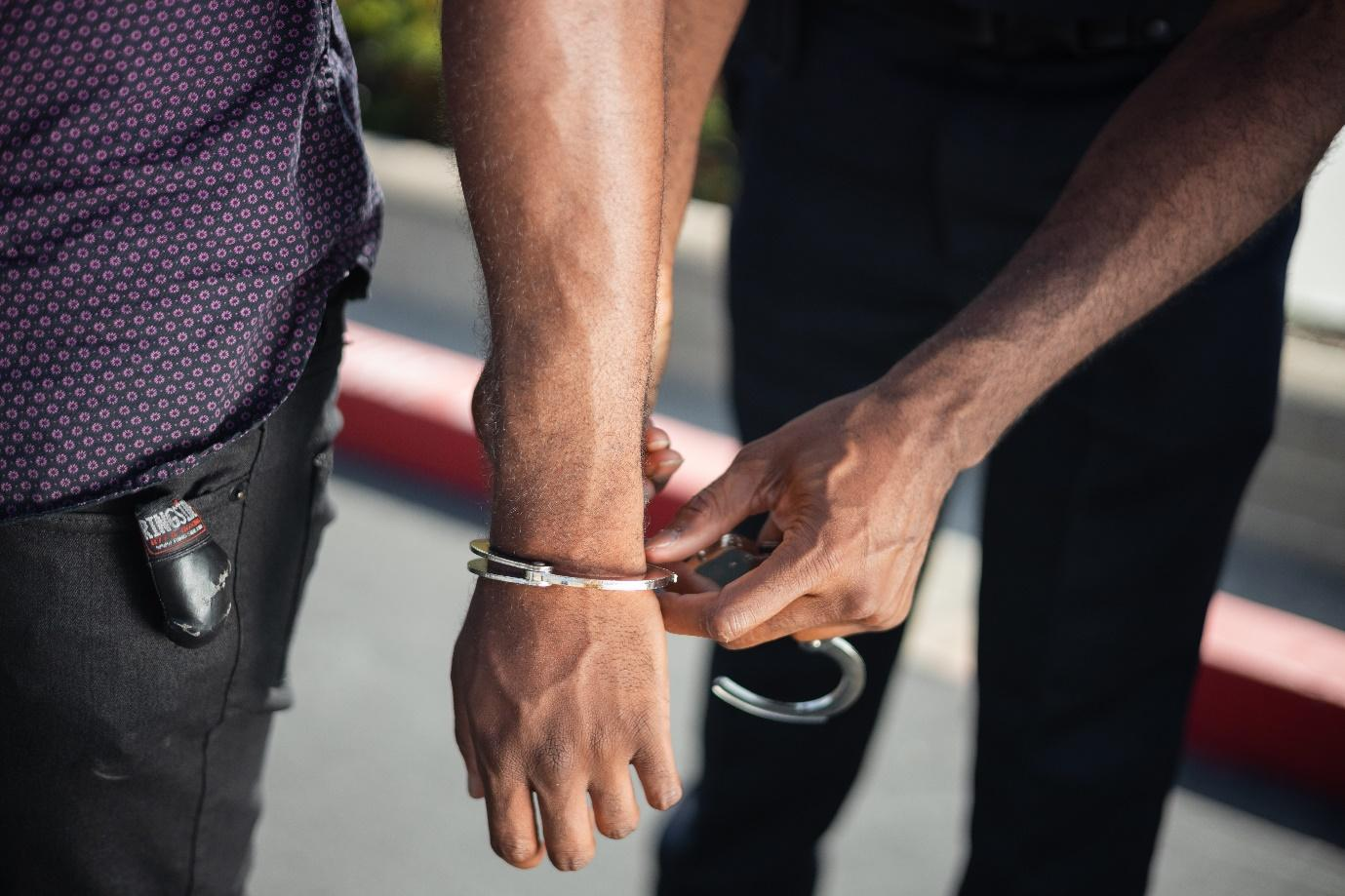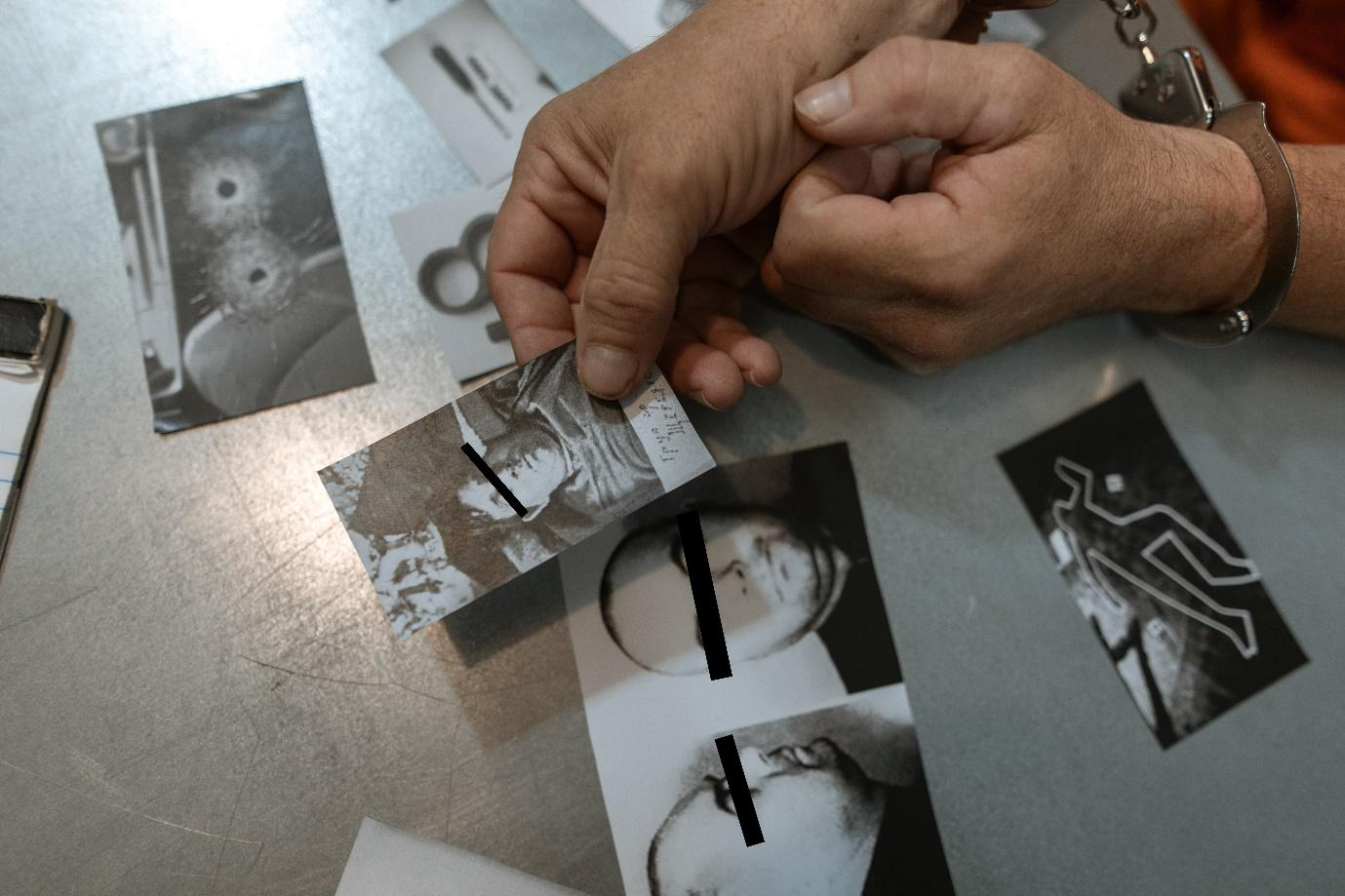Misdemeanor crimes are less serious offenses than felonies but still carry a lot of legal consequences. In many cases, you can be taken into custody and held in jail until your trial, which can take weeks, months, or even years. In Indiana, misdemeanor crimes can be eligible for bail bonds services, but certain conditions must be met. In this blog post, we will discuss what types of misdemeanor crimes you can get bail bonds for in Indiana.
Under Indiana law, there are three classes of misdemeanor crimes. The severity of the offense and the potential punishment depends on the class of the misdemeanor. Class A misdemeanors are the most serious, while Class C is the least severe. A bail bond company is available for all misdemeanor classes, but the amount you must pay may vary depending on the class of the crime.
Some examples of Class A misdemeanors in Indiana include domestic battery, driving under the influence (DUI), and resisting law enforcement. These types of misdemeanors are the most serious and carry the heaviest penalties. To be eligible for bail bonds for Class A misdemeanors, you must provide a bail bond amount equivalent to the maximum fine or penalty associated with the crime.
Class B misdemeanors in Indiana include offenses like possession of marijuana, disorderly conduct, and driving without a license. These offenses are less severe than Class A misdemeanors but have serious consequences. To obtain bail bonds for Class B misdemeanors, you must provide a bond worth up to $1,000.
Class C misdemeanors are the least serious of all misdemeanor offenses in Indiana. Class C misdemeanors include public intoxication, trespassing, and minor traffic violations. To obtain bail bonds for Class C misdemeanors, you must provide a bond worth up to $500.
One of the main reasons it’s important to work with a reputable and licensed bail bond agent is that they can help you understand your options. A good bail bond company can explain the benefits of getting a bail bond, including retaining employment or custody of your children while awaiting trial. They can also provide insight into the legal process and inform you about what happens in court.
Not all misdemeanor crimes are eligible for bail bonds, and not all bail bond companies operate similarly. If you or someone you know has been arrested for a misdemeanor crime, it’s important to contact an experienced and licensed bail bondsmen as soon as possible. You may be able to secure release from jail quickly and avoid spending more time behind bars than necessary.

To sum up, you can get bail bonds for all misdemeanor offenses in Indiana. However, the amount of bail bond you must pay depends on the severity of the crime. For Class A misdemeanors, you must pay the maximum fine or penalty associated with the crime; for Class B misdemeanors, you must pay up to $1,000, and for Class C misdemeanors, the bond amount can be up to $500. If you or a loved one is facing a misdemeanor charge in Indiana, contacting a bail bonds agency can help you secure your release from jail and await your trial in the comfort of your home.
Get In Touch With DeLaughter Bail Bonds Today!
Misdemeanor crimes can be very serious, and it’s important to know what types of misdemeanors you can get bail bond services for. A licensed bail bond agent can help you navigate the legal system and secure release from jail quickly and efficiently. If you or someone you know needs helps getting released from jail for a misdemeanor crime, contact DeLaughter Bail Bonds, a reputable bail bond company, today. Contact us today for our bail bond services in Fulton, Wabash, Whitley, Miami, etc., IN.





















